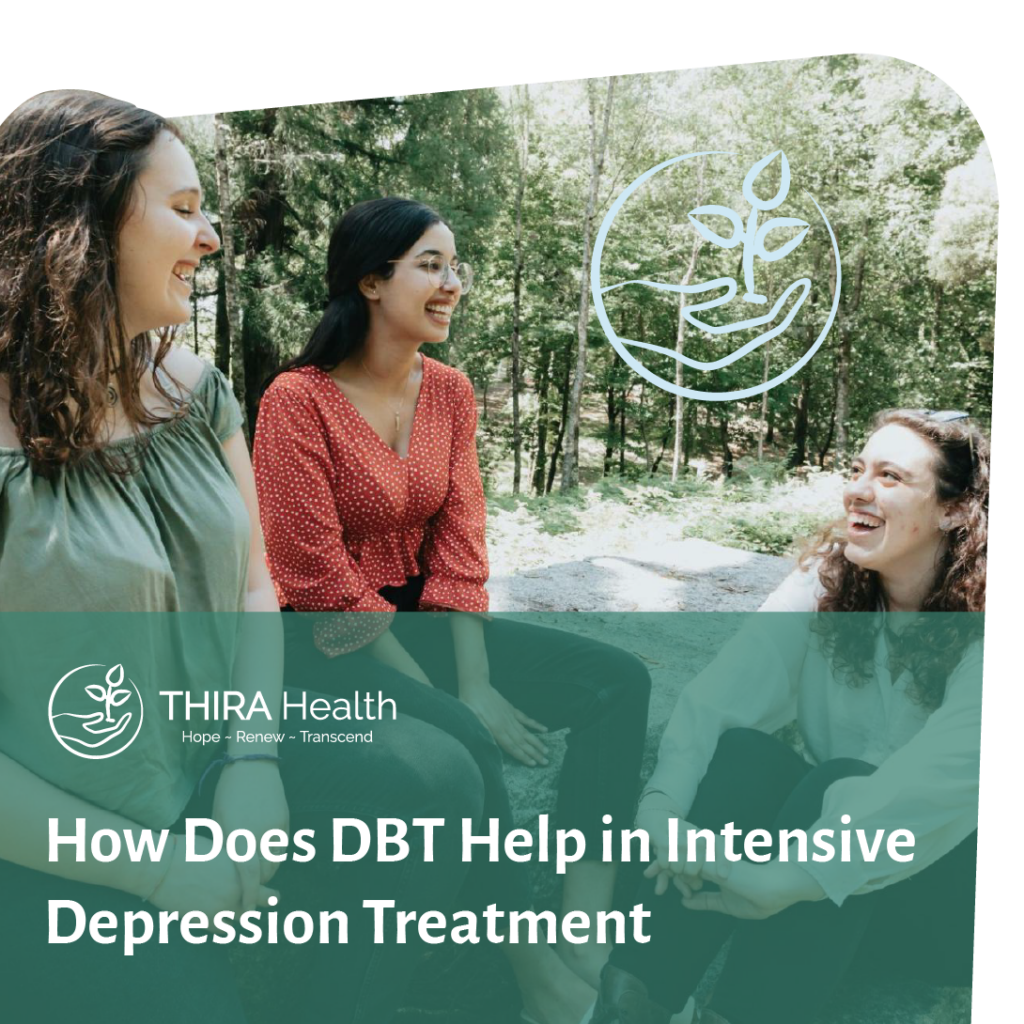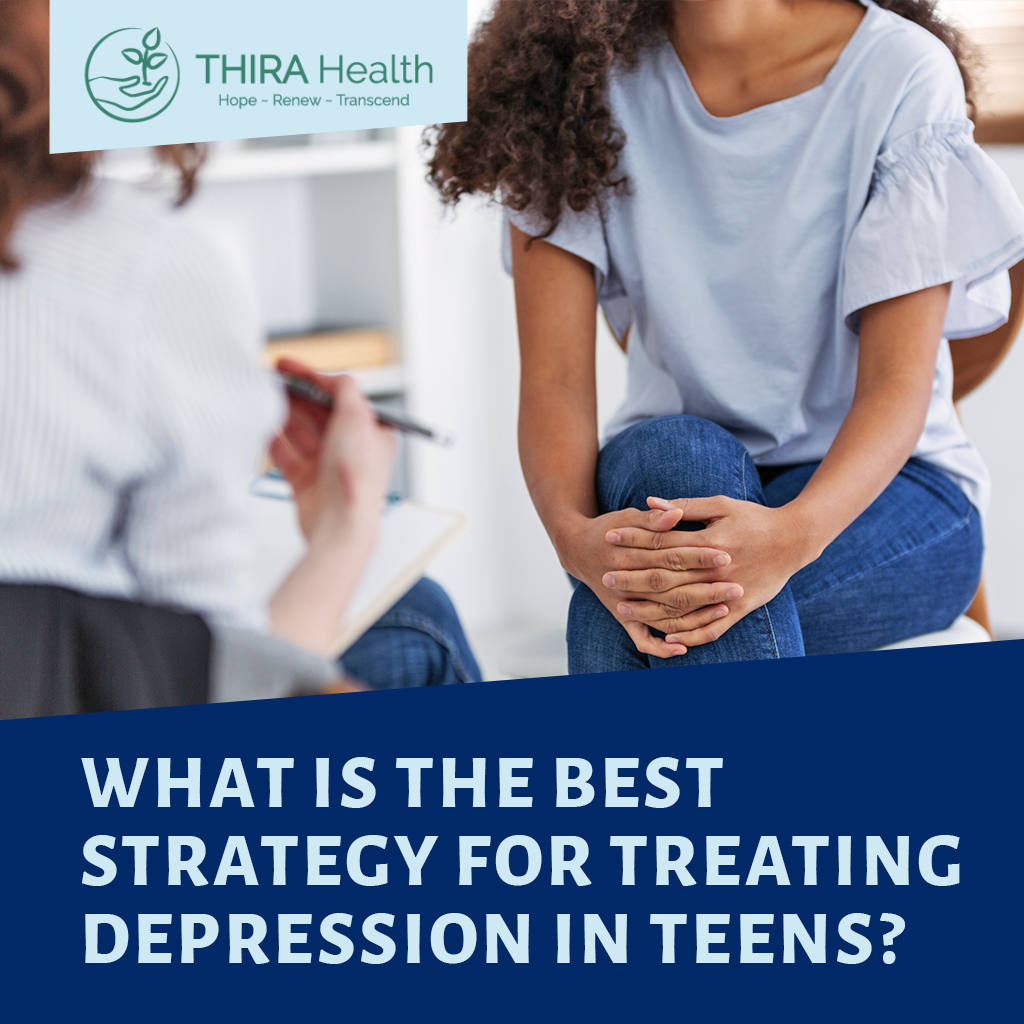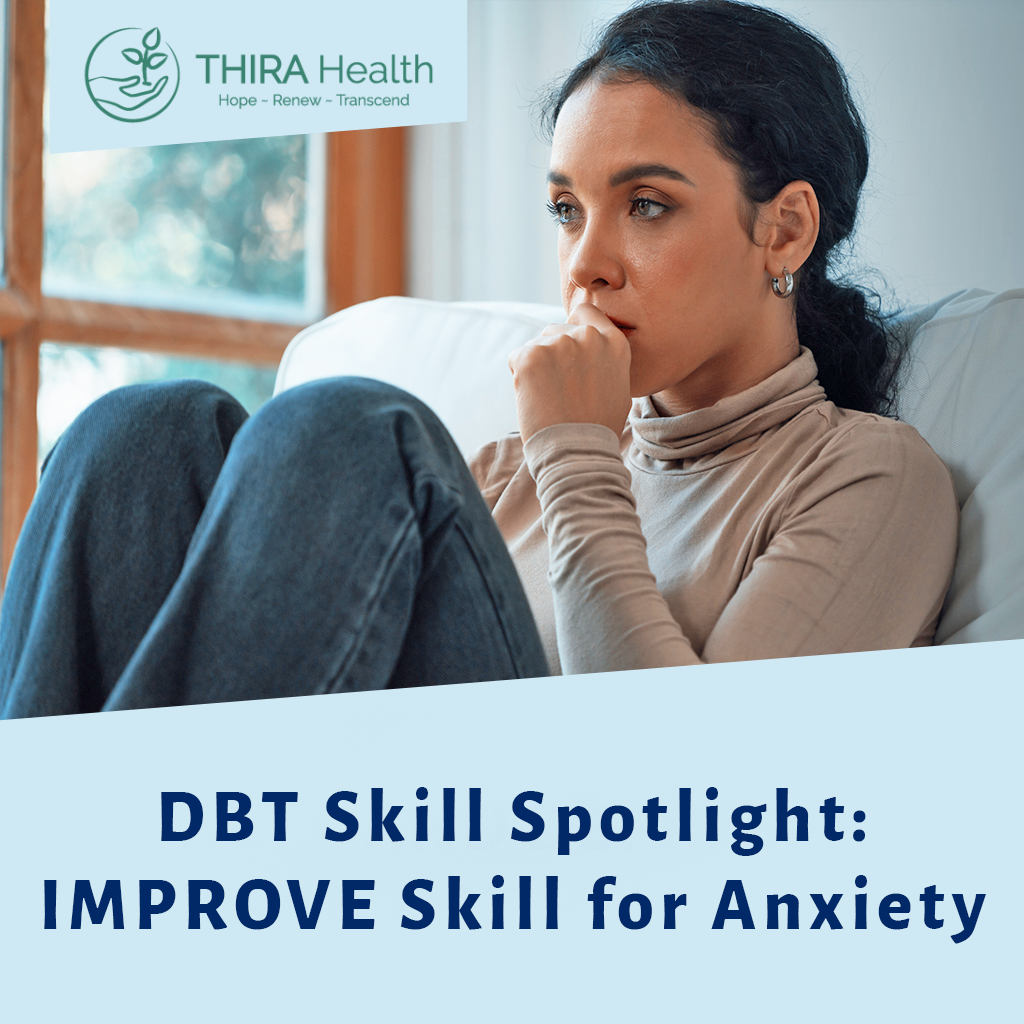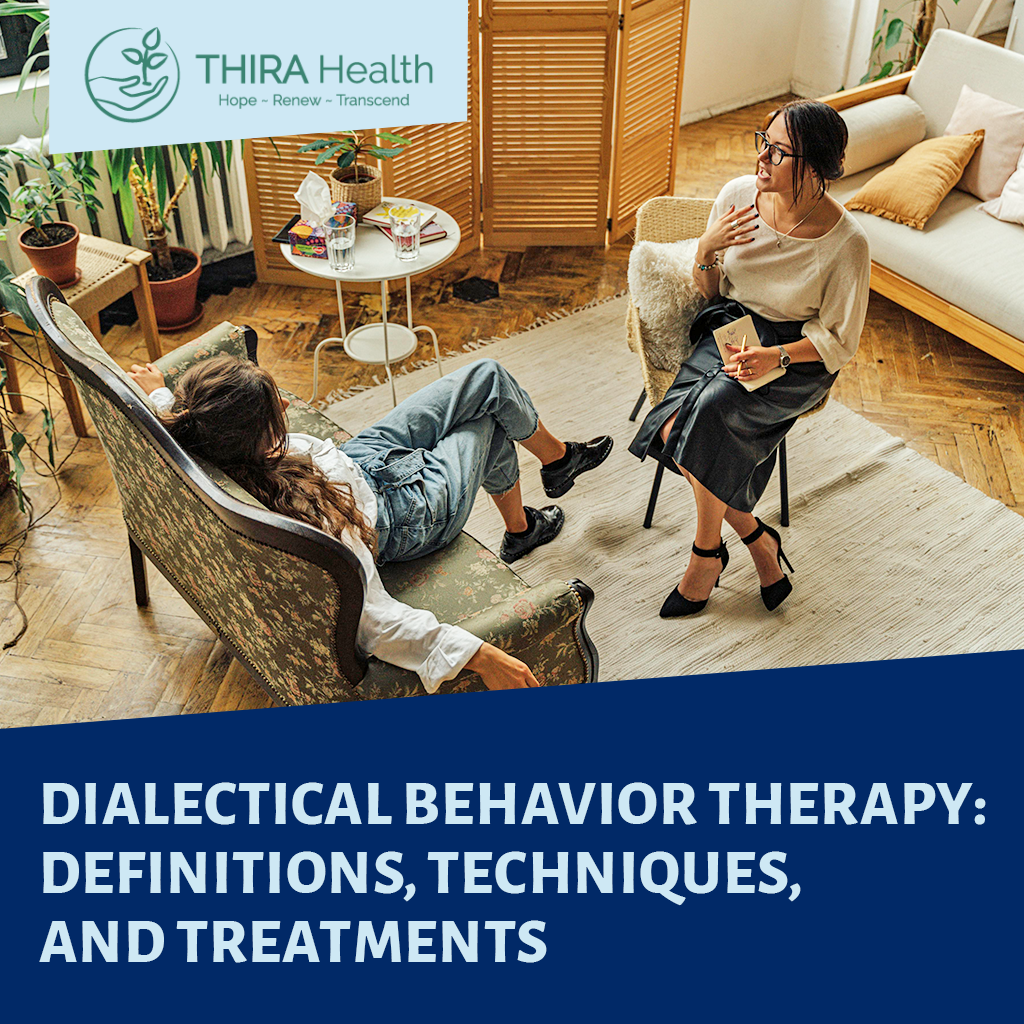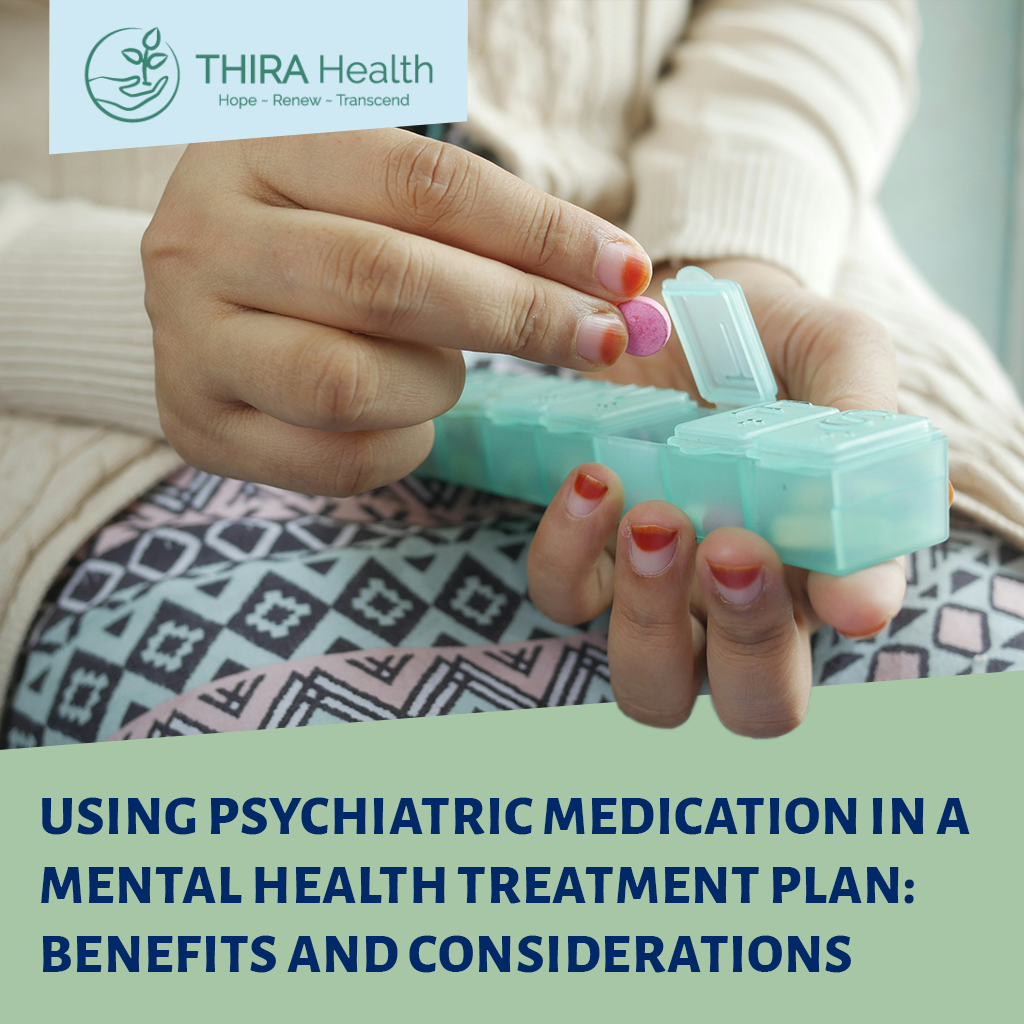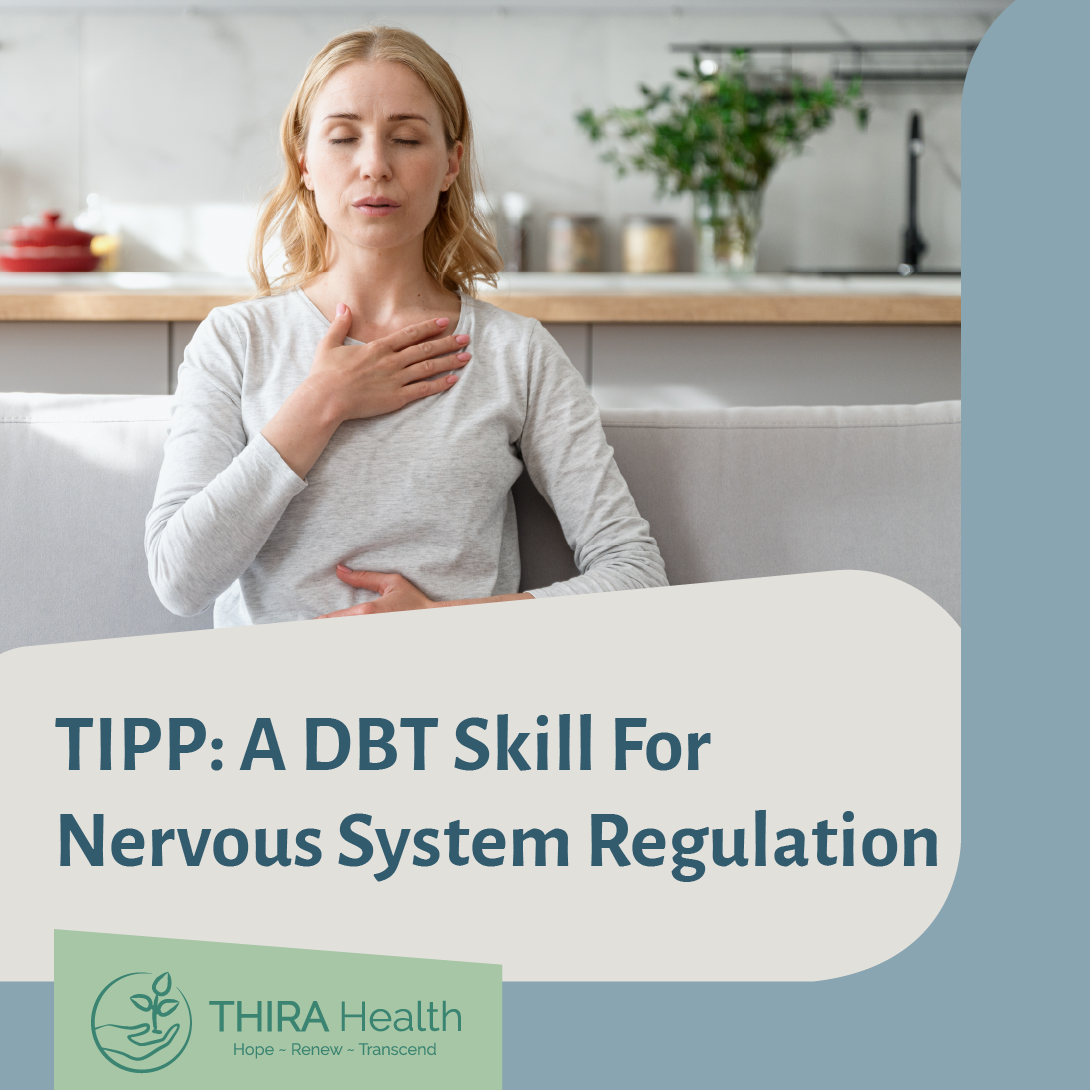Living with depression can be incredibly challenging. You might feel the urge to withdraw from others, experience a sense of hopelessness, and face both physical and mental difficulties that contribute to a worsening cycle of symptoms. Left untreated, depression can even lead to life-threatening thoughts of suicide. However, it’s crucial to remember that depression is a treatable mental health condition, offering hope and a path to recovery.
Intensive depression treatment is one of the most effective approaches for finding a full life beyond depression’s grasp. In an intensive depression treatment program, you’ll have access to multiple mental health professionals, all of whom can help you understand what to do to help lift your depression symptoms. You’ll also commit to setting aside time dedicated solely to your mental health, helping you see faster progress in improving your symptoms.
DBT is an effective choice for intensive depression treatment
Intensive depression treatment programs can make use of many therapy modalities, including the comprehensive mental health support that comes from dialectical behavior therapy (DBT). DBT’s structure is comprehensive and rigorous, making it particularly effective for intensive depression treatment. You get extra support in DBT treatment, and you work both with supportive therapists in individual therapy and with fellow patients in group therapy who understand exactly what you’re going through and have the same healing goals.
With DBT in intensive depression treatment, you learn healthy coping mechanisms and life skills, and because you’ve entered a program where you can focus more fully on treatment, they become a consistent part of your day. This healthy habit of using DBT skills daily in treatment makes it easier to maintain your treatment plan when you leave the therapy room and are back in your everyday life.
How do we know DBT treatment works for depression?
DBT is uniquely suited for intensive depression treatment because it provides immediate, practical life skills to combat the impacts of depression while also supporting you as you explore and process underlying mental health struggles. Isolation worsens depression, and with DBT’s communal, supportive structure, you’ll immediately recognize you aren’t alone anymore. At THIRA Health, we’ve seen firsthand how DBT helps, but you may wonder, how did we decide on DBT intensive depression treatment?
The research shows DBT is an excellent choice for intensive depression treatment
DBT was initially developed to help people who have borderline personality disorder (BPD), and so a lot of the earliest research on DBT focuses solely on BPD. Thankfully, in the past decade, there has been a massive expansion of research on DBT, particularly focusing on how DBT can help with other mental health conditions, like depression.
Multiple studies show that intensive depression treatment programs that make use of DBT have a reduction in depression symptoms during treatment for both adults and adolescents, and patients find particular success in DBT-focused step-down programs. DBT helps patients maintain and expand their mental health gains in intensive depression treatment. Because the skills of DBT are practical and practiced in treatment, the benefits last far beyond participation in a treatment program.
DBT skills that support intensive depression treatment
Mindfulness
The mindfulness component of DBT directly helps depression symptoms. Staying focused on what’s happening now can help decrease the stress of rumination on the past or present that can escalate depression.
Emotional regulation
DBT measurably supports emotional regulation for depression patients. The emotional regulation skills in DBT help patients understand and process their emotions, which has been shown to lead to improvement in depression symptoms.
Distress tolerance
Expanding your distress tolerance reduces depression symptoms; those with less distress tolerance have a much harder time with depression, and expanding distress tolerance skills with DBT helps ease those symptoms.
Interpersonal effectiveness
We all have relationships in our lives, and improving them through setting healthy boundaries and developing respectful, effective communication skills can help lift the weight of depression symptoms.
The interpersonal effectiveness skills of DBT, coupled with the togetherness offered by group therapy, make DBT a useful treatment for depression both during and after treatment.
IOP, PHP, residential? Does the type of program matter for DBT treatment of depression?
DBT treatment is effective in inpatient and outpatient programs largely because it is structured to be highly supportive. In residential and partial hospitalization DBT treatment programs, you’ll be immersed in a holistic approach to intensive depression treatment that includes individual and group therapy, so your therapeutic support is a substantial and consistent part of your day during treatment.
Even when stepping down to an intensive outpatient program or even simply to weekly or biweekly outpatient treatment, DBT provides extra support. The two other pillars of DBT, aside from individual therapy and group therapy, are on-call support from your therapist when life gets tough and group support for your therapist so they can receive guidance and helpful ideas from their peers, ensuring they remain the best provider possible. In outpatient care, you’ll be more able to practice your DBT skills in real-life situations, but you’ll still have substantial support.
THIRA Health is the Bellevue mental health clinic that can help with intensive depression treatment
THIRA Health has multiple programs that support women, girls, and gender-nonconforming individuals who are struggling with the symptoms of depression. We have chosen DBT as the cornerstone of all the holistic intensive depression treatment programs we offer because we have seen how it works, and we know that the DBT treatment we offer can help you live a life worth living. Connect with us today to see how our Bellevue mental health clinics can help.
